Why eggs are the best source of protein – and 2 other health stories you'll want to read today
Because there is no such thing as too much information – especially when it comes to our health
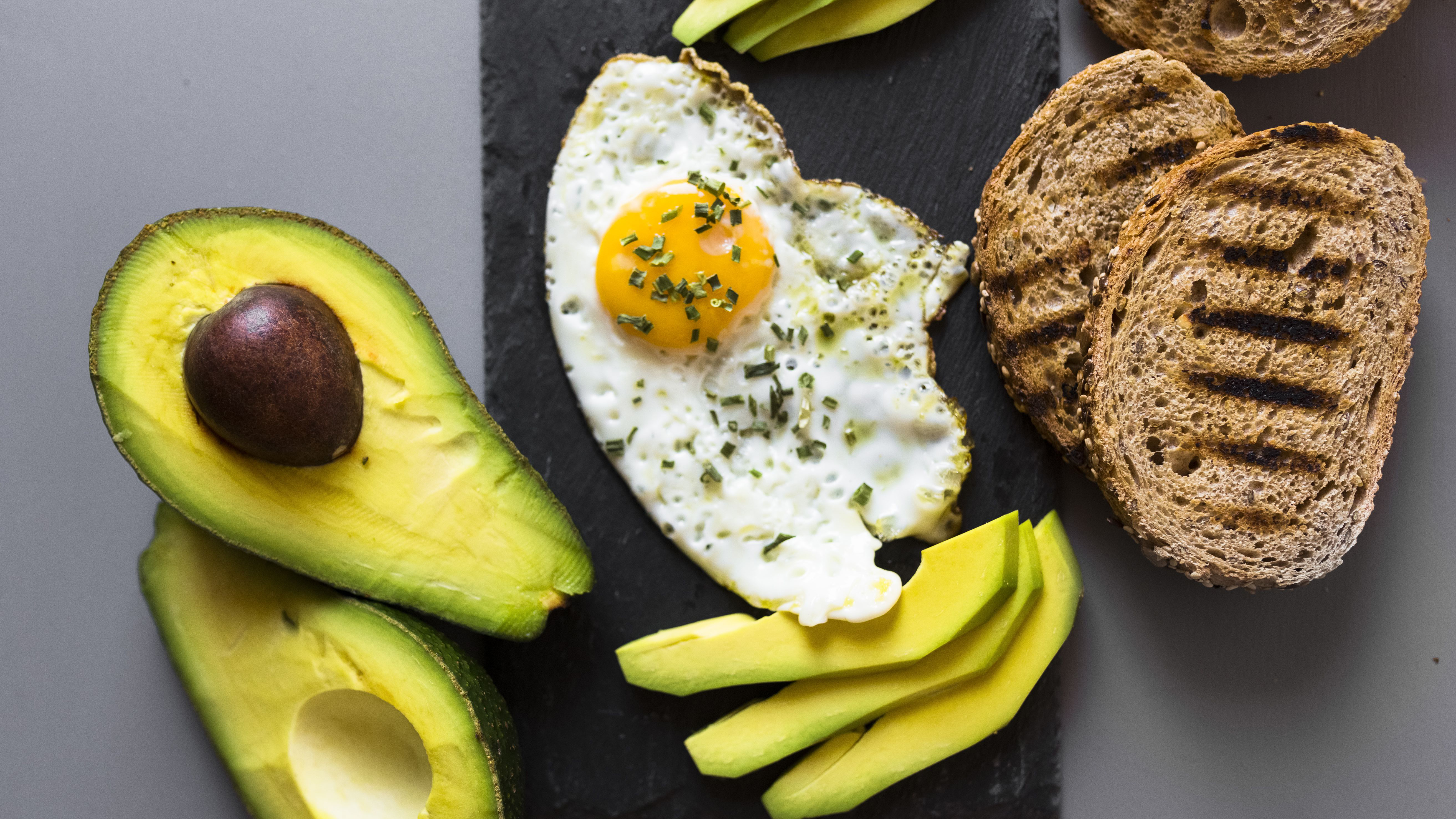
Because there is no such thing as too much information – especially when it comes to our health
GP and author Dr Ellie Cannon is our resident expert on all things health. Here are her 3 top stories for this week.
1. Think you know the most common cancer in women, think again
Gynae cancer charity, the Eve appeal, have launched this month the first ever patient guide for women suffering with the most common cancer - cancer of the womb. Despite being the 4th most common female cancer there is little dialogue or awareness around the disease and as a result, sadly a lack of information for those newly diagnosed. Out of the five gynae cancers – vaginal, vulval, womb, cervix and ovary – womb cancer is in fact the most common but often the first time a woman has heard of it, is when she has been diagnosed. There are certainly issues around terminology: womb cancer may also be called uterine cancer or endometrial cancer reflecting the fact it is usually the lining of the womb (the endometrium) that is affected. It certainly isn’t a hidden cancer or “silent killer” as we sometimes label other more covert cancers: womb cancer will often cause bleeding when you’re not supposed to be bleeding ie after sex, between periods or after the menopause. Any bleeding that isn’t normal for you, even if that means heavier than normal periods, should be discussed with your GP. Given the plethora of health information around it is remarkable that this is the first comprehensive guide to be produced for the 9,200 women diagnosed with womb cancer each year in the UK.
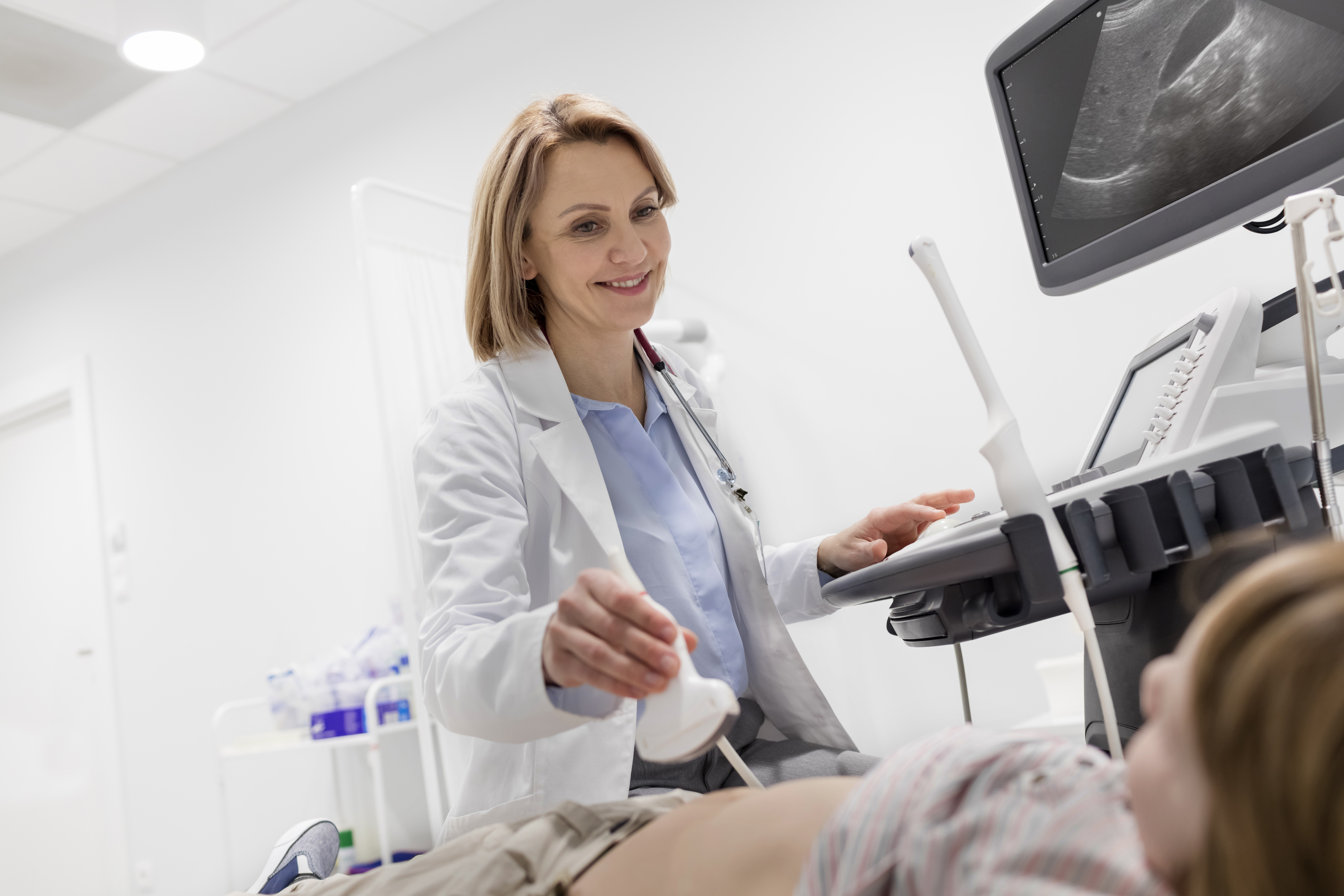
2. Eggs are the best source of protein
Forget the protein powders and start eating eggs. A new report into nutrition globally, published in Network Health Digest, has revealed eggs to be such a good source of protein they can sustain growth in children even in the poorest countries where dietary intake is otherwise poor. Not only supporting protein intake, eggs of course provide vitamin and mineral support too making them an easy way for all of us to consume high quality protein. The report revealed that adding eggs to the diets of children in developing countries supported growth and prevented stunting: observing children in Ecuador, those who added one egg a day to their diet were 74% less likely to be underweight. Despite being relatively low in calories, eggs contain all the amino acids to support growth and development, as well as essential minerals such as iodine. And they’re not just for kids: as a macronutrient, protein is de rigeur of course for gym devotees and weight loss, curbing cravings for higher calorie snacks and honing muscles. You may not be able to put them in a shake and swig them after your workout, but with 2 eggs you’re easily halfway to the 50g of protein that you need a day with little fuss and minimum spend.
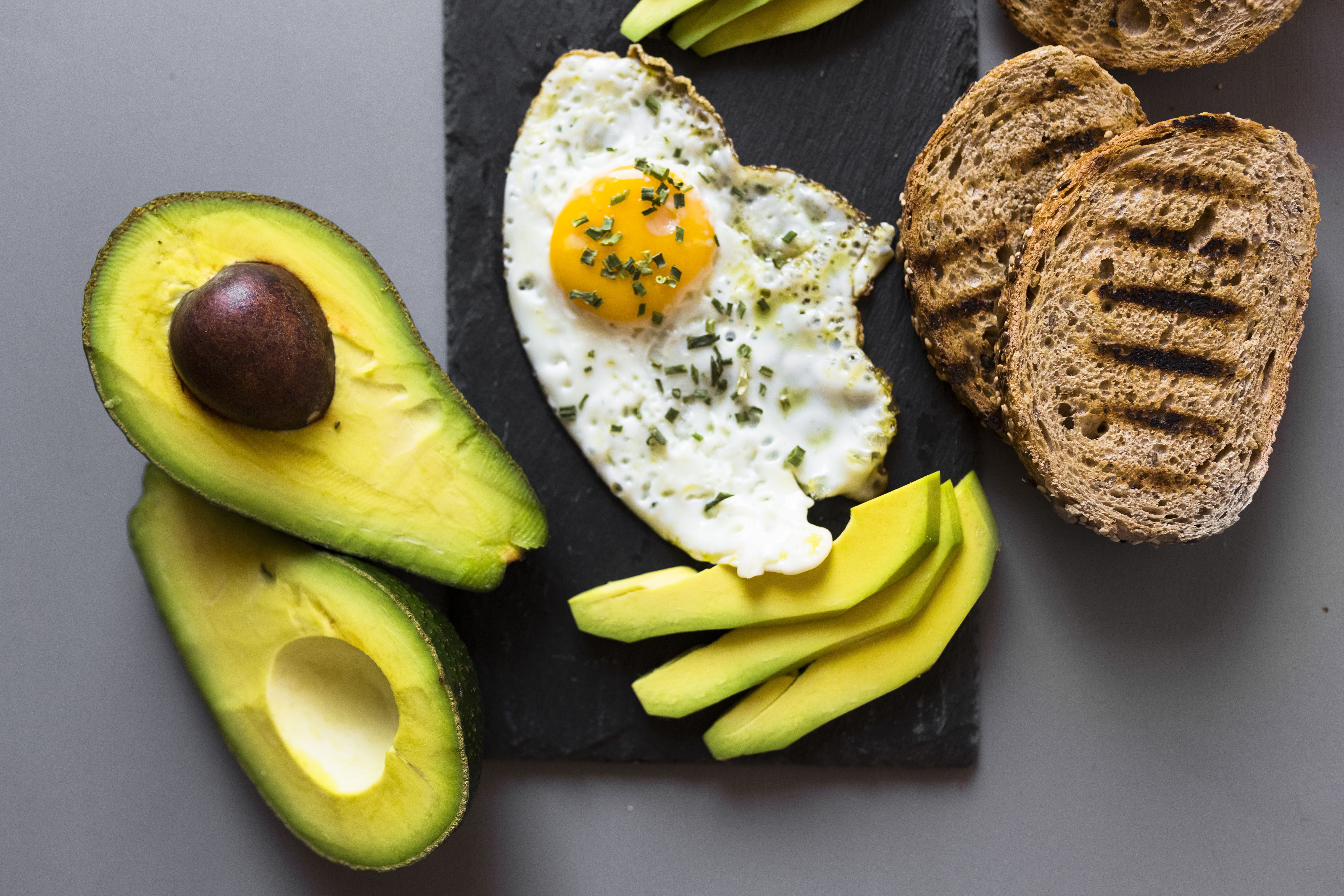
3. Have you signed up to donate your organs yet?
Living kidney donation is being encouraged within BAME communities as a lack of organs can result in up to 3 year waiting lists for patients. In 2016/17 a third of all patients on the kidney transplant waiting list were from a black, Asian or ethnic minority background. A new initiative is set to improve this from the heart of communities and faith-based organisations by promoting living kidney donations through their work. This is particularly crucial as kidney disease disproportionately affects BAME communities but there is sadly a lack of organs: there is a shortage for people from all backgrounds but the problem is particularly acute for kidney patients from BAME communities. Black and Asian families are less likely to agree to organ donation after death, which means BAME kidney patients are more reliant on living donations. The project to increase living kidney donation has inspired 16 potential loving donors in its first year: 3 have already become living donors and a further 13 are undergoing the assessment process. A further 150 people have expressed an interest in living donation: whilst the numbers may seem small this is hugely significant as there were only 143 living kidney donors from black, Asian and ethnic minority backgrounds in the UK in 2016/17. The Living Transplant Initiative is managed by the National BAME Transplant Alliance and funded by the NHS transplant service.

Marie Claire Newsletter
Celebrity news, beauty, fashion advice, and fascinating features, delivered straight to your inbox!
The leading destination for fashion, beauty, shopping and finger-on-the-pulse views on the latest issues. Marie Claire's travel content helps you delight in discovering new destinations around the globe, offering a unique – and sometimes unchartered – travel experience. From new hotel openings to the destinations tipped to take over our travel calendars, this iconic name has it covered.
-
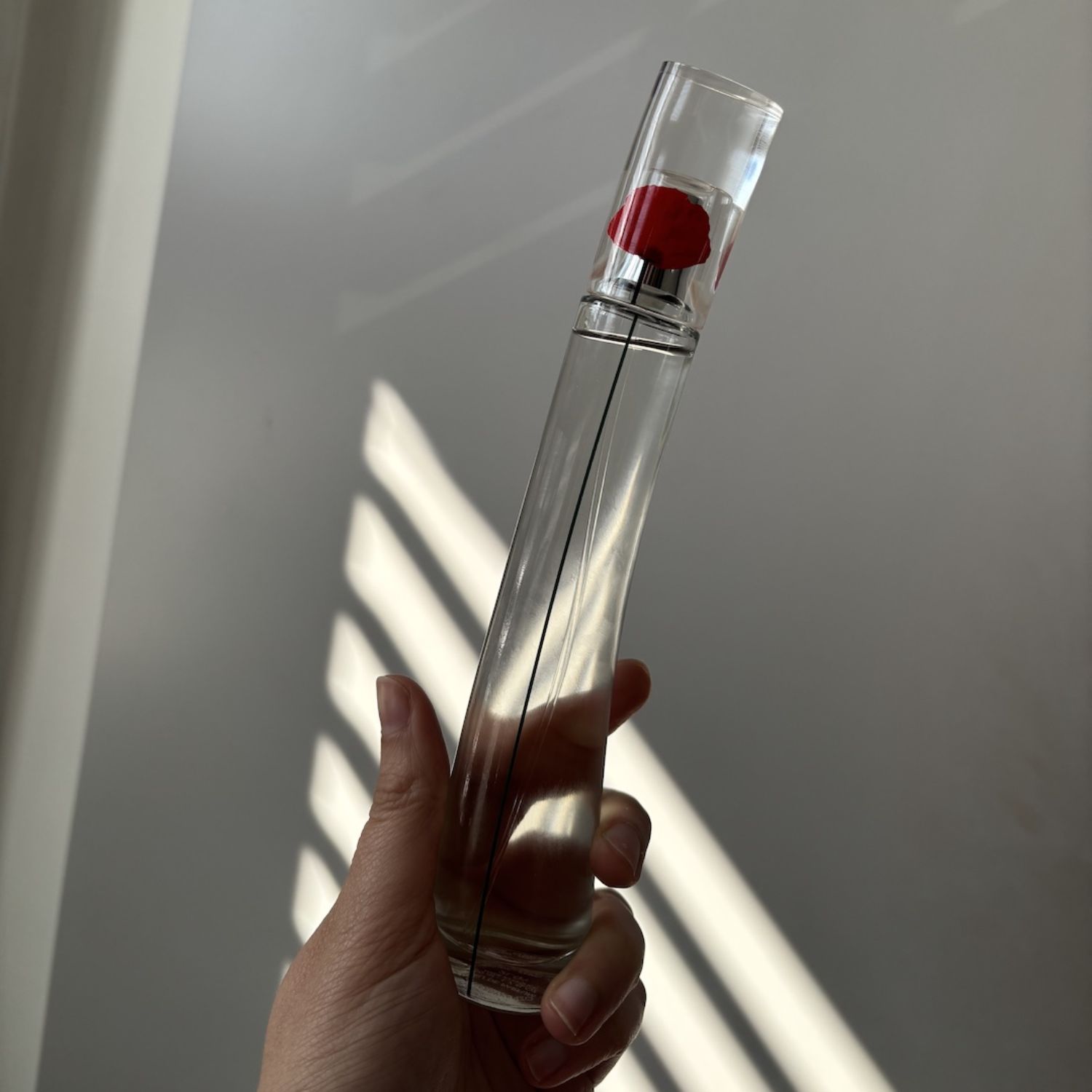 As a perfume-obsessed beauty editor, I can’t believe it’s taken me 25 years to try this classic Y2K scent
As a perfume-obsessed beauty editor, I can’t believe it’s taken me 25 years to try this classic Y2K scentIt was worth the wait
By Mica Ricketts
-
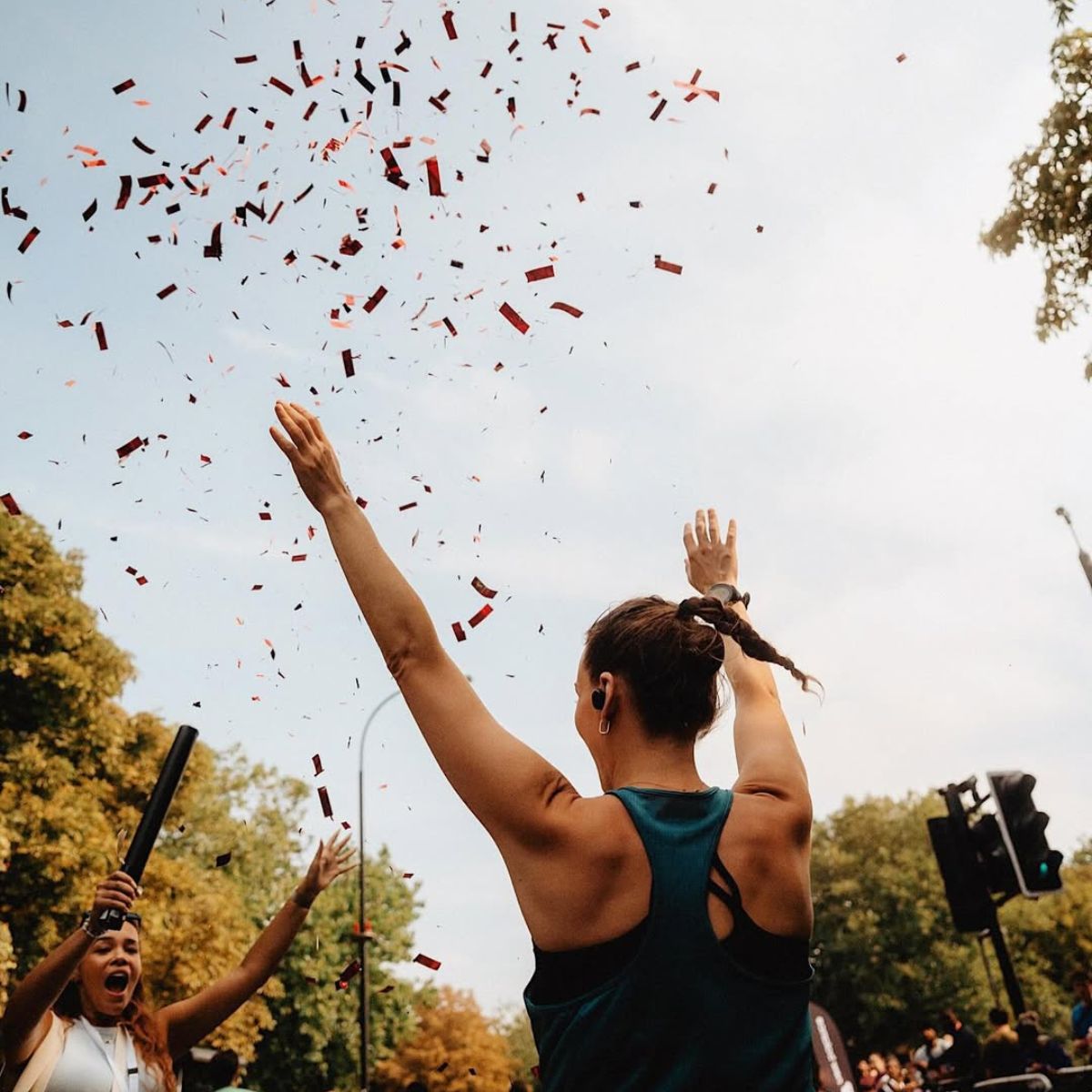 I'm a 9x marathoner who likes looking and feeling their best. Enter: the functional but fashionable race day outfits I swear by
I'm a 9x marathoner who likes looking and feeling their best. Enter: the functional but fashionable race day outfits I swear byThese outfit formulas almost guarantee you a PB.
By Ally Head
-
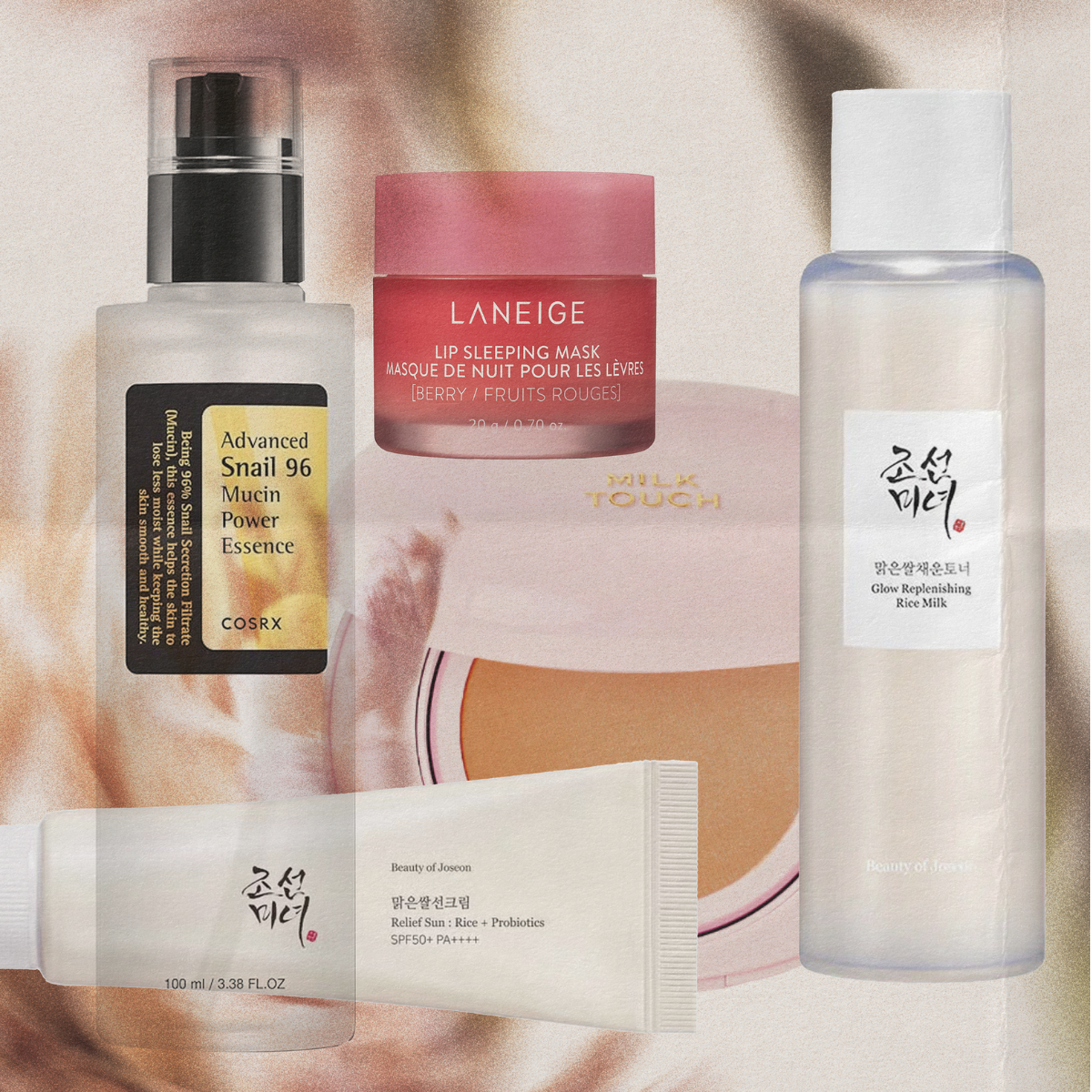 We're not for panic buying, but here's how Trump's tariffs might affect your K-beauty spending habits
We're not for panic buying, but here's how Trump's tariffs might affect your K-beauty spending habitsThey could impact the industry globally
By Nessa Humayun